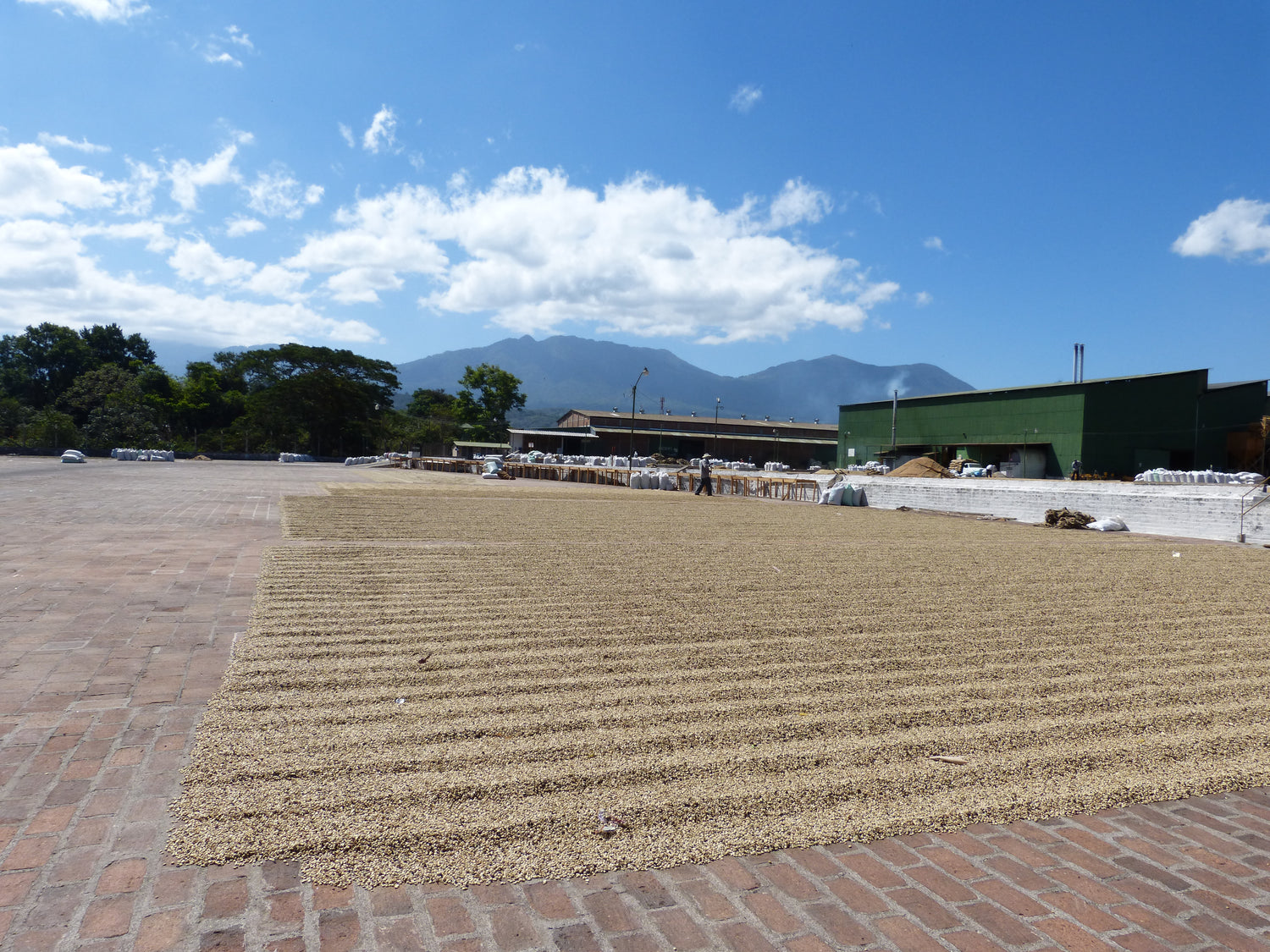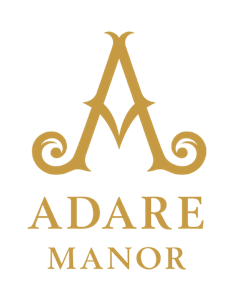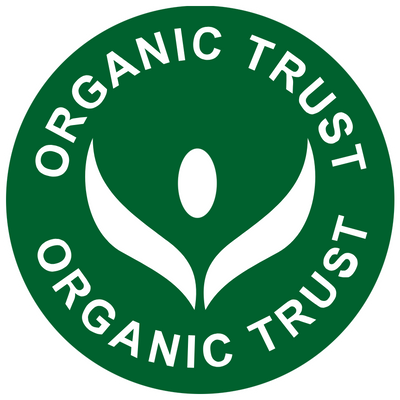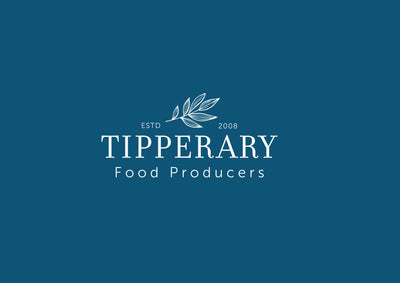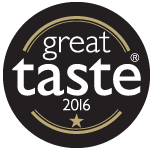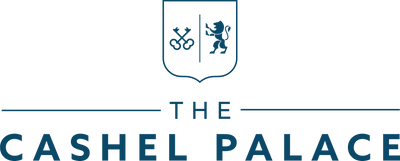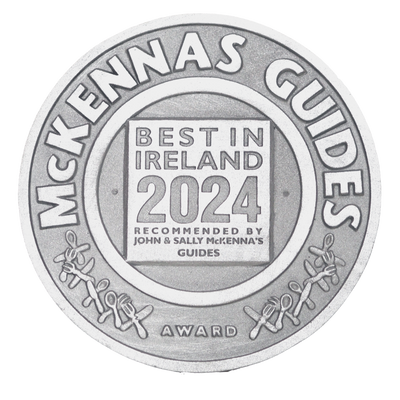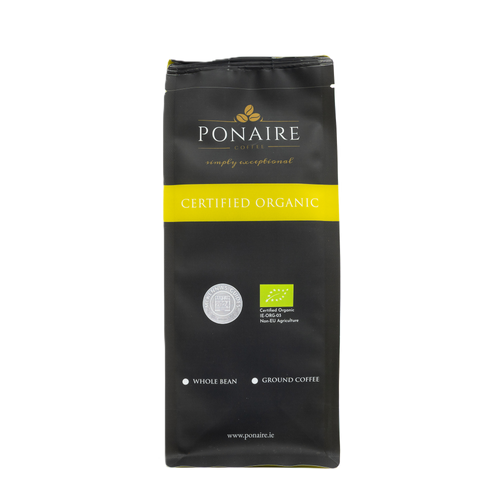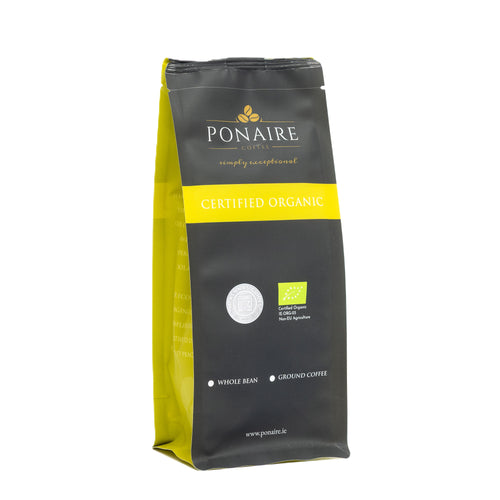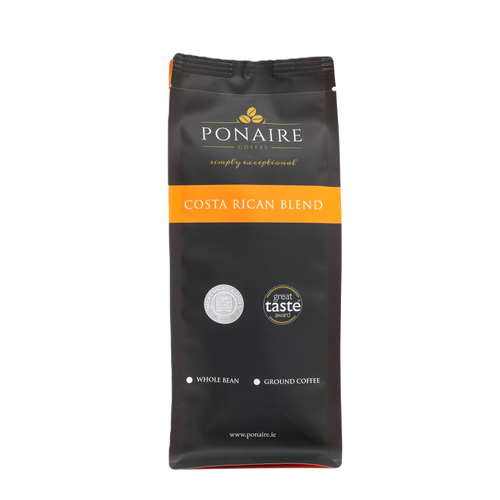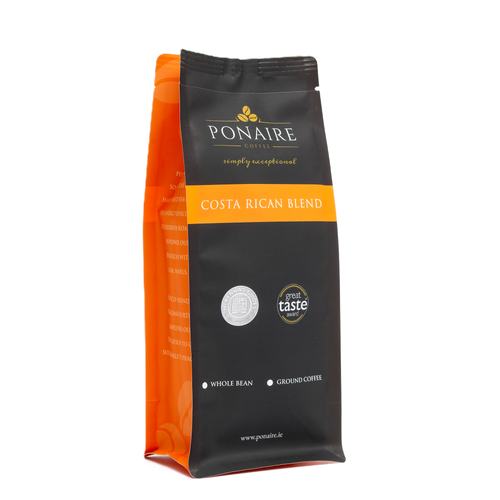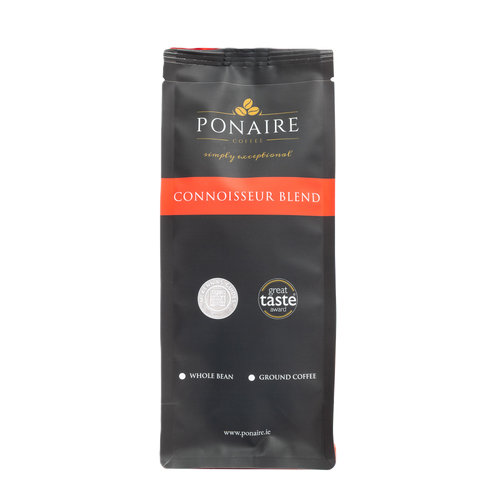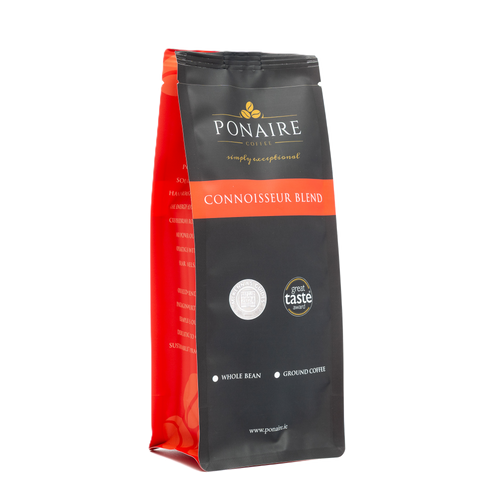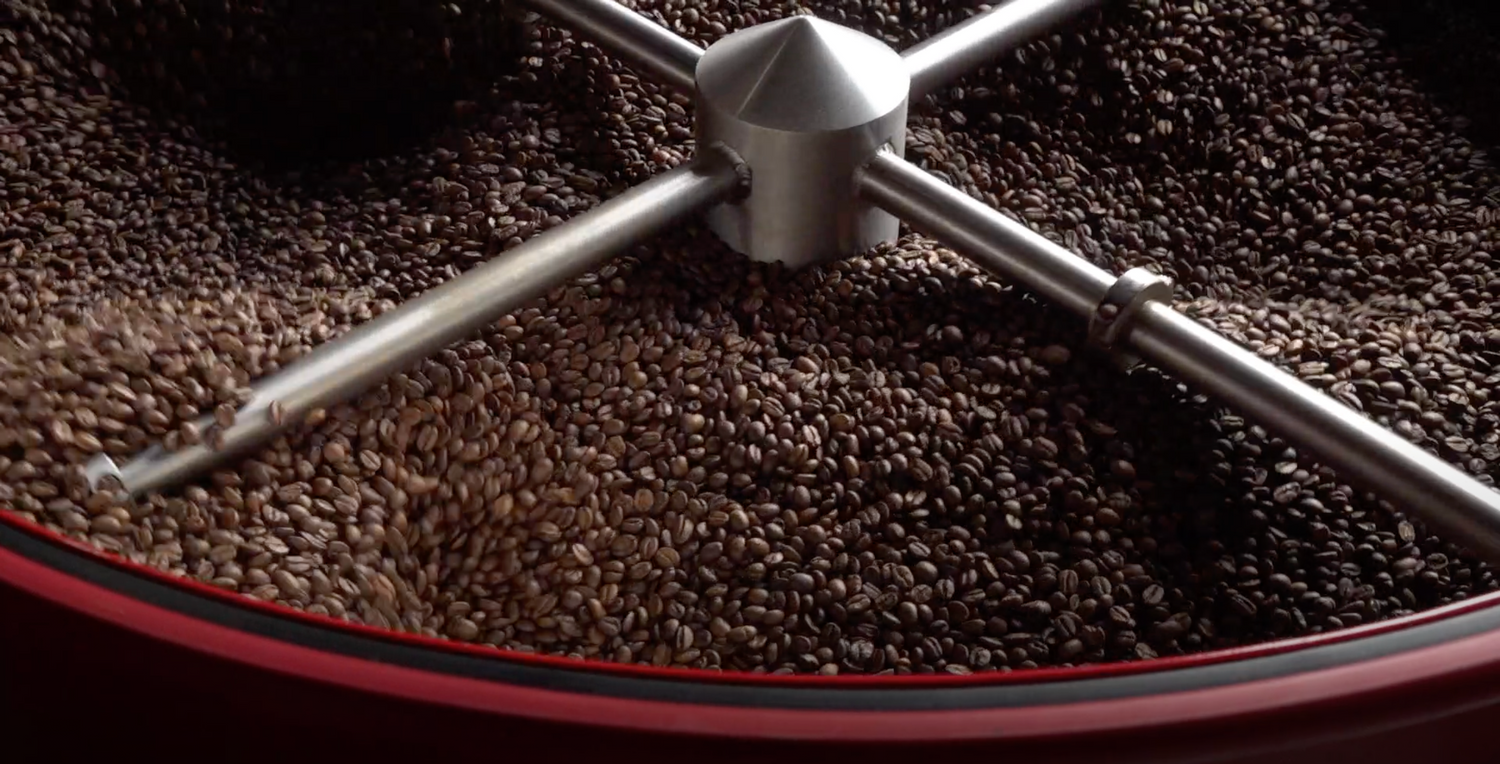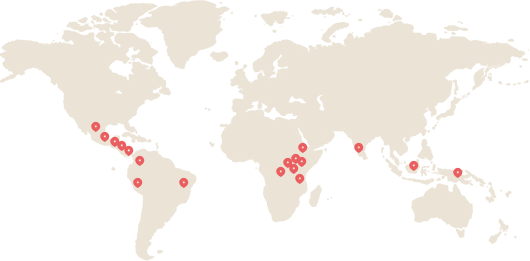
Simply Exceptional Coffee
Bringing The World’s Best Coffee To You
Experience the world’s best coffee without leaving your home. We bring the finest beans from renowned coffee-grown regions and handroast them to perfection in our state of the art roastery in Tipperary.
Costa Rica
We use a variety of Costa Rica beans. Our Costa Rica Beans are Shade-Grown Coffee, which translates into a healthy rainforest – also referred to as bird-friendly. This means the indigenous rainforest canopy has been left intact, rather than clearing the forest to maximise planting. Many species of migratory birds, insects and other creatures such as frogs and lizards live in these shady coffee farms. By growing coffee amongst the natural fauna of the Costa Rican rainforest we ensure that the many nutrients found in roots, decomposing plant matter and the natural mineral content of the volcanic soil are all retained, further adding to our coffee’s intense flavour.
El Salvador
Having visited this farm in 2015, and met the Humberta Barerra (the owner) and his farm managers who live with their families on the farm, we decided to buy their entire crop of speciality Altamira Finca crop – a mix of Pacas and Bourbon varietals that are fragrant, fruity, rich and smooth. The beans are hand-picked in waves as they reach their prime ripeness. They are wet processed and patio dried under the beautiful sunny blue skies of El Salvador. While in El Salvador we cupped many coffees and found subtle differences in their floral sweetness. Not only did we visit the farm, but we also visited and met with the owner of the local cooperative that processes the beans from many local farms.
Java
The Island of Java is located on the south east of Sumatra in Indonesia. Coffees from this region tend to have deep body and bold flavours. The coffee we source from this region is from the Java Blawan Estates and exhibits a nice perfumey aroma with a hint of floral, jasmine and spice. It is clean and rich with a fabulously smooth finish. In 2013, we visited Indonesia to visit the farms. We were surprised to learn that coffee in Indonesia is often grown amongst a variety of other crops–green beans, ginger, corn, mangoes, papaya, tomatoes, chillies, etc–everything to sustain the farmer in the local village year round.
India
Indian Monsoon Malabar. Monsoon Malabar is a process applied to coffee beans whereby the harvested coffee seeds are exposed to the monsoon rain and winds for a period of about three to four months, causing the beans to swell and lose the original acidity, resulting in a flavour profile with a practically neutral pH balance.
The coffee is unique to the Malabar Coast of Karnataka and Kerala in India. These beans look different in their raw form – they are light in colour (like peanuts) and plumper and cleaner than most coffee beans.
Nicaragua
We import high quality Nicaraguan beans that are graded AAA and of screen size 18. We roast these beans through first crack until they are satiny smooth and slightly shiny to produce a sweet, balanced, rich, full-bodied coffee, with an emphasis on the low-toned chocolate and apricot/papaya side of the fruit sensation than on the higher-toned, floral, citrus side.
Ethiopia
In 2016, Brendan, Ponaire’s Master Roaster visited a number of farms in Ethiopia. During his visit, he saw a wide variety of methods of growing coffee, including wild coffee plants in natural forests.
Yirgacheffee. An exclusive mocha grown on the Southern Ethiopian highlands at an altitude of 2,400 metres, this coffee is a stand out for its elegance and sumptuous aromas with floral nose with hints of jasmine.
Brazil
From Brazil we import Fairtrade Arabica beans from Pereira Estate in the high mountains of the South Minas Water Spa Circuit, near the towns of Lambari, Carmo de Minas and Sao Lourenco.
The 300 acres of the estate bring together the fundamental requirements for production of speciality coffees: altitude, climate and personal dedication.
The estate is highly dependent on manual labour as a result of its mountainous terrain. About 12 families live on the farm, which has 35 year round employees.
The estate offers benefits to their employees, including schools, Family Health Program and good quality housing.
Colombia
We use high grade Arabica coffee from the world’s 2nd largest producer. The coffee is grown in what is regarded by many as the best coffee growing region of Colombia, namely Medellin.
The coffee produced has a rich, nutty taste and is a good all round cup of coffee.
In October 2018, Jennifer was invited Colombia to judge coffees for the auctions and to see how coffee is grown, harvested and processed on Colombian farms. We cupped and judged 66 coffees in one day at the National Coffee Research Centre, Cenicafé.
Visiting and touring Cenicafé, Colombia’s 80-year-old National Coffee Research Centre was one of the highlights of the trip. It is one of the world’s leading centres for scientific coffee research, looking for innovative ways to increase sustainability, improve quality, raise yields, mitigate the effects of pests and plant diseases, and much more. As part of the Colombian Coffee Growers Federation (FNC), their mission is to improve the lives of the hundreds of thousands of small family farmers who grow coffee for export.
Jennifer visited small farms managed completely by women and also a very large family run farm San Alberto) that is one of very few in Colombia that roasts its own coffee and has cafes throughout Colombia.
Kenya
A Mount Kenyan Beans are the largest speciality bean in Kenya. They yield complex, fruit coffee.
A very clean cup and clean medium roast. It is wet-processed and dried on raised beds.
The Chania Estate Farm has been owned by the Harries family for several generations. Jennifer Visited Boyce and Georgina Harries at their Kenyan Chania Coffee Estate in November 2023 to view the farm and discuss their processing methods. Boyce Harries is the 5th generation of the family to manage the two Chania and Oreti plantations. These two farms are the last remaining medium-sized farms in Kenya. We’ve been buying Boyce coffees directly since 2017, which is a great advantage because there are usually up to 7 intermediaries separating a producer from the final buyer!
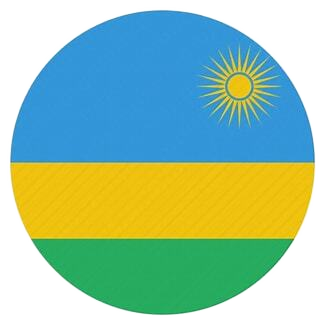
Rwanda
We import organic coffee beans produced by Coffee Village which is driven by a philosophy based on three key areas: Quality, environment & community.
QUALITY: Selective harvesting, traceability and process control
Coffee Village grows only the traditional bourbon variety.
ENVIRONMENT: Organic Practices, Reforestation and Beekeeping
– Coffee Village has implemented organic farming practices from cultivation to processing of the coffees. They use organic fertilisers and have banned all chemicals. They have started a reforestation plan, with new trees planted to limit erosion on the slopes:
– Planting of 20,000 agroforestry and fruit trees.
– Reforestation of 5,000 trees on the edges of the plantations as wind barriers.
– Also, they are helping producers to introduce beehives to strengthen the ecosystem and ensure diversified sources of income.
COMMUNITY: Health, Education & Crafts
Tom Bagaza and his wife believe that the heart of the farmer is in the product and that only happy farmers can produce quality coffee. Their commitment to the farmers is global.
Projects in the Taba community
– Housing: support for the construction of 6 houses for the most disadvantaged people in the region
– Medical insurance: in 2022, health insurance was offered to 20 people
– Animals: in December 2022, 30 goats were offered to 30 women in order to diversify their income (sale of milk and/or meat)
and provide natural fertiliser
– Sports education: construction of a football field in the village
– Handicrafts: creation of an activity centre
– Women’s coffee shop: one lot will be available from 2023.
Honduras
From Honduras we import Certified Organic Arabica beans.
We also import some non-Organic beans from Honduras that we use in blends. Coffees come from the Western hills of Honduras – La Paz region.
Peru
From Peru we import only Certified Organic Arabica beans. The beans are from San Ramon de Pangoa and are washed and patio dried.
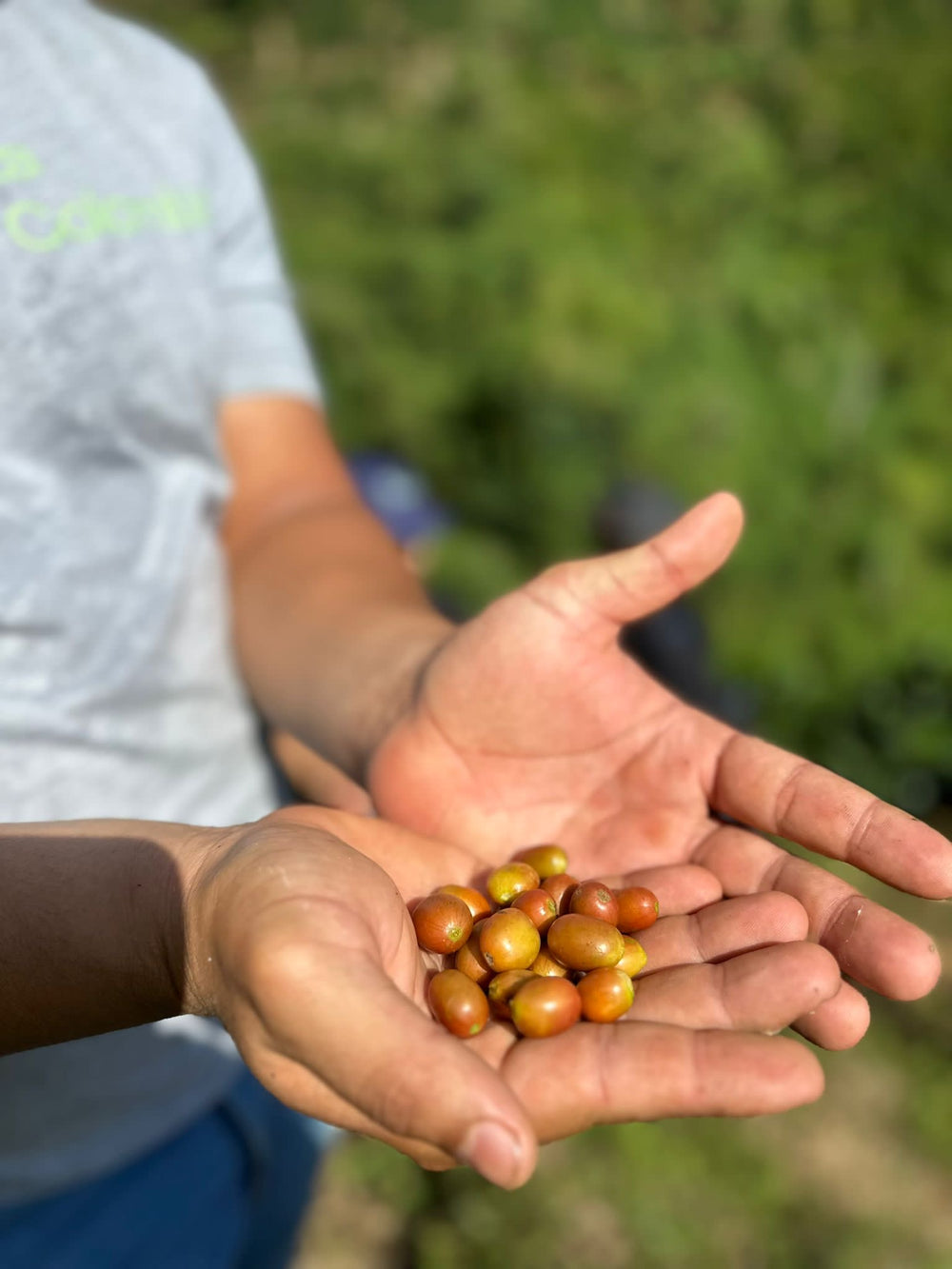
Our Coffee Beans
Coffee All Starts With The Beans…
Ponaire has access to over 90 different green (un-roasted) coffee beans from over 20 countries around the world. We import only high grade Arabica beans from around the world – India, Indonesia, Colombia, Nicaragua, Costa Rica, Brazil, El Salvador, Honduras, to name a few. Our green beans are grade AA, AA++, or AAA. Our beans are selected for their quality and taste from sources that support the local producer, their community and farm in a sustainable manner. Ponaire is Organic Certified and offers Speciality Organic coffees from Peru and Honduras.
Our Most Popular Products
YOU MAY ALSO LIKE
Discover the favourites that have captivated coffee lovers, elevate your coffee experience with flavours that have stood the test of time and become beloved staples in kitchens, cafés and award winning hotels across Ireland.
-
MediumMild intensity, honey, and nut tones with lemon brightness, hints of jasmine and tea – nearly floral. VIEW PRODUCT
Honduran Certified Organic Coffee
Regular price From €13.19 EURRegular priceUnit price per -
Medium/LightExperience vibrant citrus notes and berry-like flavours, complemented by a medium acidity and a lingering winey spice finish. VIEW PRODUCT
Costa Rica Blend Coffee
Regular price From €8.80 EURRegular priceUnit price per -
Extra StrongHints of Plum and Apricots and a natural sweetness. Full bodied, caramel cremá. VIEW PRODUCT
Peru Certified Organic Coffee
Regular price From €13.19 EURRegular priceUnit price per -
MediumA clean cup with low acidity. Heavy, full bodied, dark cherry with sweet finish. Consistent smooth finish with hints of flowers. VIEW PRODUCT
Connoisseur Blend Coffee
Regular price From €8.80 EURRegular priceUnit price per
